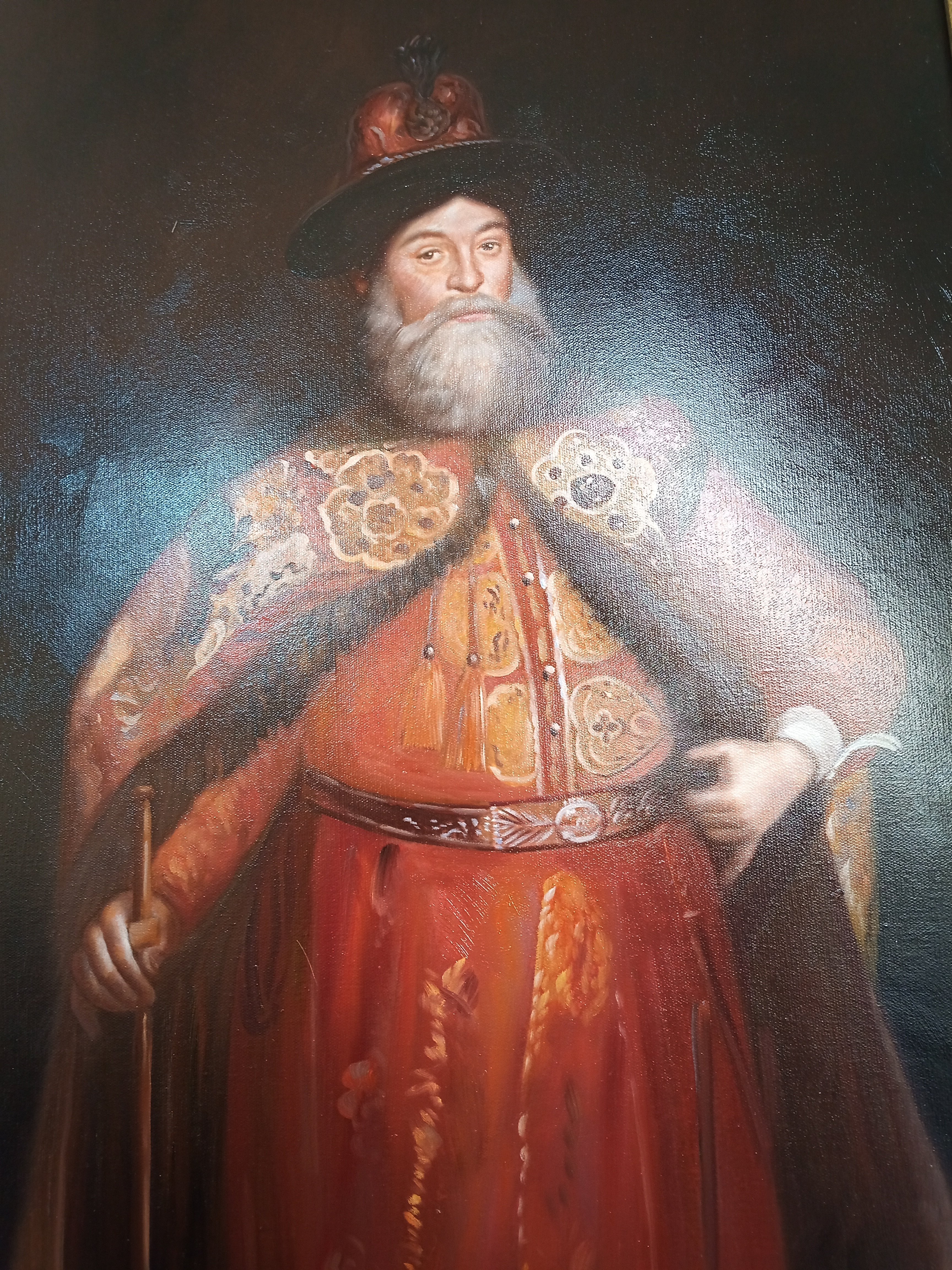Yep … it’s total bullshit. Talking to foreigners, migrants, tourists etc will sober you up on this. They’ll tell you how they’ve never been as cold as they are in Aus, despite coming from Northern Europe or Canada, and that our houses are made of cardboard.
Then we have a landlord based housing system and a totally inflated market just to ramp up the absurdity.
Massive gap under the front door? No worries mate chuck a door snake in front of it.
Seriously I think you’re absolutely right it’s one of those things everyone is so used to we don’t even realise how bad it is compared to other places.
Seriously I think you’re absolutely right it’s one of those things everyone is so used to we don’t even realise how bad it is compared to other places.
Yea … and apart from obviously dilapidated or traditional housing … just about no one else is just powering through the cold like we do. Which is weird, because we love our homes and houses (apparently).
Japanese houses are also mostly uninsulated and they just use space heaters. More modern homes are starting to use mini splits, which sometimes have heat, but that’s kind of just a better space heater.
Interesting. I’ve never spoken to someone from Japan about it.
I’m not from Japan but I lived there for a bit and have visited since.
My back door has a weirdly elevated door frame so I can’t even chuck a door snake on it. It has to be a giant rolled up beach towel and still doesn’t work
It doesn’t help that any trade related work is both bullshit expensive, and terrible quality.
Go ahead and try and get a price on installing insulation. It’ll be infinite dollars and the blokes that turn up (in a dual cab Ranger) to do the job will be in and out in 15 minutes having done the barest possible minimum and leaving you to deal with all the issues they’ve created by half-arsing it.
Yep. Been dealing with tradie problems just like this the past few months. Was sometimes shocked at what they’d leave behind for me to clean up.
Checks weather in Australia…
Checks weather for January in Virginia…
I’m going to press X to doubt.
I see where you’re coming from and understand why you’re dubious. Thing is: Your Virginian house probably has a basement. Maybe even a boiler or floor heating?
We have none of those things. We have no frost line, so we don’t ever need to dig below it. Hardly any of our homes have basements or any sort of central heating. So, people from colder climates come here and are amazed at how cold our homes are, even when the temperature is above freezing outside, because our homes are simply not built for even mild cold.
That makes sense, I was just poking fun at the exaggeration. My wife is a desert lizard and she’d say the same thing about a drafty house in 50F weather.
When I lived in Alice I swear to god the cold was far worse than the warm. I legit grew up in an alpine village in Switzerland and was unable to tolerate the cold because the house had no heating.
I’ve actually heard this from just about everyone I’ve met who lived in much colder climates then later came to Australia
Badly need to stop with the paper maché american style houses and build insulated homes
American homes are insulated.
I mean yes, they kind of are? Building codes vary widely from state to state and while some newly constructed homes in the US do feature more insulation than older buildings, there’s still room for improvement. Coming from Europe, most US homes would not be considered insulated.
See this article from German engineering magazine www.ingenieur.de (Google translated):
“Core insulation is possible in both new and existing buildings, provided that the outer wall is or was constructed from two shells. In a new building, two shells means that there is a stronger load-bearing wall that also functions as a heat store. It is 18 to 25 centimeters thick. The second shell provides weather protection, is eight to twelve centimeters thick and is anchored to the inner wall. In between is the insulation layer, which is ideally 15 to 25 centimeters thick.”
And that’s without outside/inside plastering / paneling. So insulation plus outer walls is typically 50cm+. Here in Germany nowadays it tends to be even more than that because a) we still don’t believe in AC for whatever reason and so thick walls = at least some heat protection and b) home construction subsidies are usually tied to more demanding standards than the legal baseline.
So TLDR: yes, US homes do have some insulation wedged between its timber frames, but elsewhere building codes are much stricter
It’s the British homes that aren’t.
No see, remember: America bad.
It’s not “America Bad”. It is “Capitalism Bad”. When a builder or contractor can save 5c in the dollar by half-arseing the job, and then come back to “fix” it and charge $1 extra for something that would have been 5c worth of extra work, they win and we loose.
It’s “America bad” because it came up in an Australian community on an Australian instance in a discussion about Australian houses.
The houses I’ve seen in America were thoroughly insulated and heated to cope with the climate. Large amounts of that country is subject to snow in winter. In Australia you only find snow on the mountains in the south east.
Why are the homes so poorly insulated? Wouldn’t that make it harder to keep them comfortable in the Summer?
Historically we’ve primarily relied on ventilation for cool homes in summer. Being well insulated is good for modern air conditioned homes, but actually counterproductive if you want to keep cool by allowing a constant breeze. That’s the purpose of the classic Queenslander design, putting the house up on stilts to allow maximum air flow to even come through underneath the living space.
You guys gotta come live in my house.
It will be like 34 degrees outside and inside 36 to 37 in the evenings.
Miserable even with the windows all open and fans on.
Stupid NT weather
You should close everything once it’s warmer outside, and only open windows at night.
I’ve tried this, I find the crim safe doesn’t let breeze through very well, if you open the doors you get cross ventilation but then bugs etc.
Also doesn’t help the insulation in the ceiling is probably as old as the house from the 80s.
The reasons our houses aren’t as well insulated comes down to climate and cost.
Climate, people don’t die from extreme temperatures here like they do in places like Europe and North America.
Cost, we don’t have the demand for better thermal protection so anyone who wants to improve their home has to pay.
I’m in the process of trying to improve my home atm. I’ve had the blow in insulation replaced with batts, I’m replacing the windows with double glazing and I am trying to seal all of the gaps and vents that let out the heat. It will cost me 10’s of thousands of dollars by the time I’m finished, but it will make our house comfortable without costing us a fortune when we are retired.
We’re not dying from the cold in England either, but pretty much everyone has at least double glazing by now.
England’s average temperature is much lower than most parts of Australia. Your population is more than double Australia’s, in a landmass significantly smaller than Australia. You live next to a continent of half a billion people who have to deal with extreme’s of cold. The Pound is worth nearly double the Australian dollar.
Given all the above, it is no surprise that double glazing is much cheaper to install in England than Australia. So most people here just put up with the 3-5mm panes of glass installed in their houses by default.
Hobart climate is pretty close to London and the flats I lived in, mostly converted Georgian row houses, had insulation, double glazing and hydronic radiators. Hobart houses feel like tents. You can feel drafts going through.
Same-ish here in Melbourne. And then in Summer when it hits the 30s there’s no escape from the heat either because the breeze brings it in (at least there’s the beach then haha).
The other problem is that tradies don’t know how to / can’t be bothered learning to reduce a buildings energy consumption.
We had an argument for weeks with the Site Supervisor because his subcontractor didn’t want to install the Reverse-Cycle condensers on the south side of the house because it was “too hard”.
One of the refrigerant lines insulation was nicked during installation and we started getting condensation stains through the walls.
The contractor came back and once again, he wanted to relocate the condenser on the north side. He kept blaming us for making him run the pipes to a location that was “too hard” for him.
This guy claimed to be an Air Conditioning specialist and couldn’t understand how a heat exchanger in direct sunlight will not be as efficient at cooling as a heat exchanger on the cold side of the house.
I’ve had no heating this winter, but have developed a love affair with wool. Beanie, jumper, fingerless gloves, scarf, blanket, uggs. There have been times I’ve been too hot. Dog has a jacket. Guess I am in denial :)
That said I do enjoy visiting friends who have heating. Luxury!
The entire article and every comment here talks about ‘cold’ without mentioning a temperature at all
So, here you go. In winter, where I am in Sydney, it’s normally 14C indoors at night. With 3 layers of clothing, a beanie, and snuggled under a heated throw it feels like 25C.
it’s normally 14C indoors at night.
Oh, that sounds delightful.
I live in Canada, and I am massively heat intolerant. I also suffer from hyperhydrosis, where any temp over 26℃ eventually makes me look like a drowned rat. Like, literally. You put me in a room at 28-30℃ and within about 10 minutes of not moving a muscle my entire face is beading off sweat like someone just dumped a bucket of water over my head, and my shirt is soaked right through.
14℃ is the lower limit for shorts-and-t-shirt temps for me, and represents the ideal shirt-and-tie office temp. It’s also the best temp for heavy physical labour with my shirt off, as sweat can actually have a chance of evaporating faster than I produce it, especially with some sort of a brisk wind. Sweater or business jacket temps start at 6-8℃, and it is only with a cold, super-moist wind that I throw on any kind of a winter jacket above 4℃.
That’s the other thing, everyone feels hot/cold differently, and you also adapt to some degree.
I was in Cairns one April, and it was 28C and about 1000% humidity.I was sweating my ass off in a t-shirt and shorts. And there goes a local pedalling away on his bike with a hoodie and sweatpants on. I nearly had heat stroke just seeing it!
I think it is mainly because;
- Melbourne and Sydney (and Adelaide) have historically always had mild weather. The extremes we are starting to see now had only been occasional. Now they are consistent.
- energy prices have always been deflated. There has always been plenty of cheap natural gas avalable.
- commercial builders have been reluctant to embrace new technologies like aerated concrete panels and the market does not support highly rated insulation batts.
- inflated qualified labour pricing has resulted in builders and improvement contractors taking the quickest, simplest option instead of the best option (eg. blow-in powdered insulation instead of batts).
Cos it’s fucking hot ere















